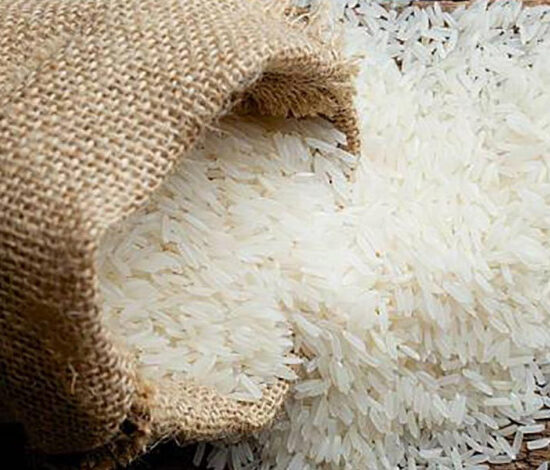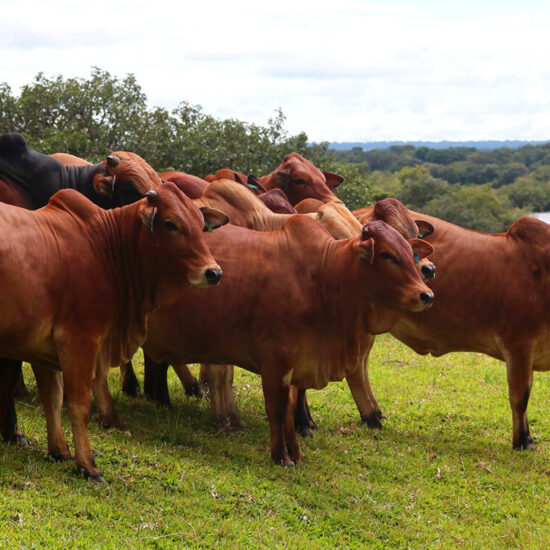
Local farmers have struggled to break into the lucrative US$10 million barley ready market provided by Zambia’s largest brewer and AB InBev owned Zambian Breweries – ZB, due to among other reasons the heavy capital investment and technical know how needed to successfully grow the grain.
Production of barley in Zambia has become an economically viable activity following Zambian Breweries setting up Malting Plant commissioned in March 2017. ZB confirmed that they have increased production of Malt owing to the high quality barley being grown locally. Malt production increased from 7,075 metric tons (MT) in 2017 to 14,158MT in 2018. The brewers latest estimate for 2019 is that we will close the year at approx. 16,000MT.
Responding to the Zambian Business Times – ZBT query following reports that Zambian Breweries – ZB has sidelined and failed to engaged local Zambian farmers to become major suppliers of barley grain used in the malting process of the brewing production chain, ZB said that “ Zambian Breweries is open for business with any local farmer who has the capacity to produce good quality barley”
She further stated that “ ZB interacts with the smallholders [farmers] under two co-operative groups. These are Chanyanya and Kaleya. Due to the high cost of irrigation investment required to be able to produce barley there are very few opportunities for a smallholder to produce barley unless they can formalise a business or cooperative”.
ZB further stated that “for a smallholder [mostly local farmers], the return on investment is better aligned farming perishable cropping like tomatoes etc. We view our opportunities for the smallholders are aligned with cassava production and sorghum. These two programmes are totally aligned with emerging farmers and thus our focus is at programs that support these farmers”.
ZB further elaborated that “barley in Zambia is complex to farm. This is primarily because barley is a winter crop grown under strict irrigation specifications. This means that to sustain the growing of barley, a substantial amount of investment must be made into the irrigation infrastructure. Not many small-scale farmers can commit to an investment of that magnitude. Zambian Breweries want more [local] farmers to come through to increase the yields on the crop as demand for the crop is expected to increase over the coming years.
Zambian breweries further confirmed that currently, only 35 barley farmers have been contracted. They stated that the number for barley farmers include out grower schemes farmers operating through cooperatives. In 2017 ZB had contracted about 27 local barley farmers creating up to 4,000 direct jobs from Mkushi to Kalomo.
When asked what process and criteria is applied when selecting barley farmers and how can local Zambian farmers could hope to join the list of selected? the brewer stated that “we are open to do business with any local farmers who have the capacity to grow, offer employment and produce good quality barley to enable us to produce the finest malt to produce our premium local beers”.
However, ZB further clarified that “there is a big difference between the ordinary barley and barley used to create malt, malting barley. Malt(ing) Barley has a very specific quality that influences all the processing from grain to beer. Thus the need to ensure our farmer has the correct ability to grow the crop to the standard that we requireas Zambian Breweries”.
They stated that “there is a common sentiment heard amongst farmers that want to explore malting barley production is “I’ve grown small grains for years; it can’t be that different. Unfortunately, that’s just not the case. Although experience in growing small grains such as wheat, oats or feed barley is beneficial, barley grown for malt is managed differently”.
ZB further stated that “managing the crude protein levels in barley is important and one of the biggest challenges for farmers who are familiar with growing grain for livestock where a high crude protein is optimal. To produce quality malt, it is preferred that protein is at or below 12 percent. For this reason, fertiliser, primarily nitrogen, must be closely managed to avoid over-application. The quality of the crop is very important to Zambian Breweries as it helps make quality malt efficiently to brew the finest beers of global standards”.







